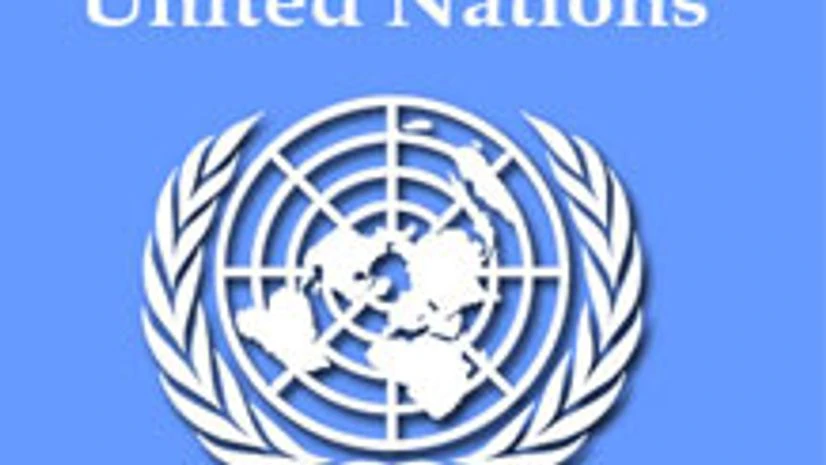India has asked the United Nations to ensure zero tolerance while dealing with cases of sexual exploitation in peacekeeping operations, saying cases of abuse shame the world body.
"Such abuse scars the lives of men, women and children. We take such cases with utmost seriousness," visiting MP Rahul Kaswan said at a debate on peacekeeping operations here.
He said India would like to strongly suggest that the "UN must apply one standard, that of zero tolerance, while dealing with all cases of sexual exploitation and abuse in all its field operations, whether these be peacekeeping, peacebuilding or others."
More From This Section
He said that direct and formal consultations between the troop contributing countries and the Security Council during mandate formulation and change is a 'sine qua non' for an effective peacekeeping operation.
"It is not only the formulation of the mandates but also the change of the mandates mid-stream which is a source of concern for us," he said yesterday.
He also voiced India's concerns over the proclivity of the Security Council to mix the traditional original mandate given to the peacekeeping operations subsequently with a new interventionist mandate for a small portion of the troops in the same peacekeeping operation.
He said primacy must be given to the pacific settlement of disputes as the core objective of UN peace operations.
Referring to the new demands being placed on the peacekeeping operations with the changing nature of conflicts, he urged the United Nations and the Security Council to ensure a mandatory inclusion in all peacekeeping mandates of legally binding provisions for prosecuting, penalising and neutralising any non-governmental armed groups and armed militias causing, or threatening to cause, harm to the peacekeeping opeartions.
He noted that peace operations are not the appropriate tool for counter-terrorism operations and said that UN peacekeepers are not suitable for targeted offensive action against armed militias, non-state actors and terrorists.
He further stressed on the urgent need to offset the mismatch between the requirement of the resources and the actual allocated resources.

)
